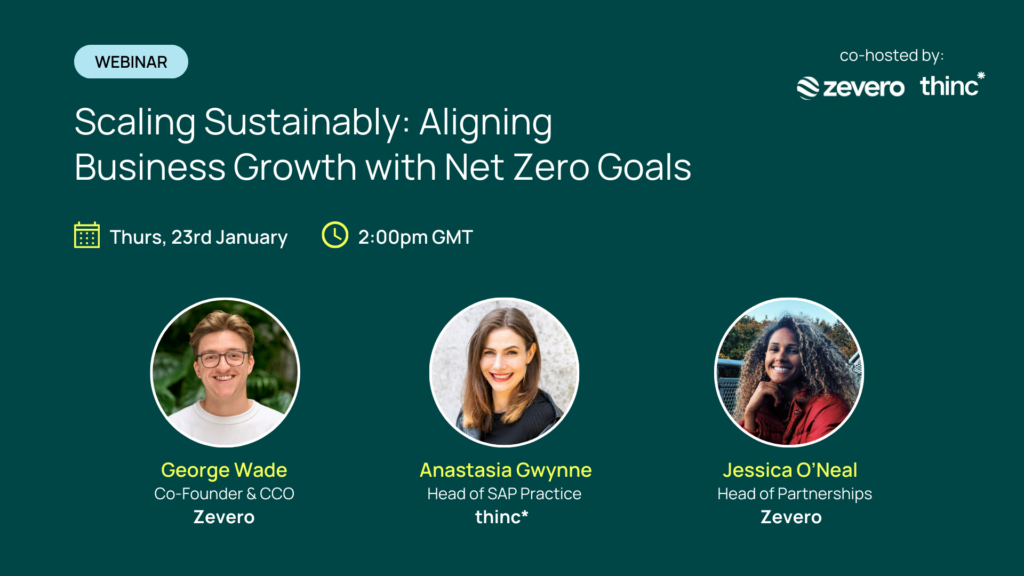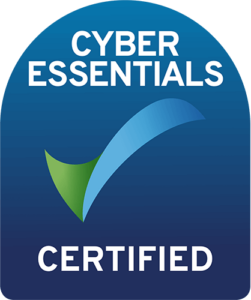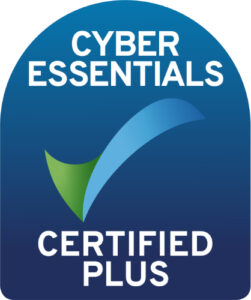Thinc insights
For an SME, sustainability is just as much an imperative as it is for an enterprise – but their budgets and bandwidth differs hugely. Fortunately, tech solutions are making net zero easier to achieve.
Reducing carbon emissions is a global challenge – and improving SME sustainability has a huge part to play in this, given that small and medium-sized businesses make up the bulk of our economy. If you’re responsible for an organisation of this size, you’ll no doubt recognise this imperative.
There are business imperatives too. According to the SMB Group, more than half of SMEs agree that stronger strategy and actions in ESG (environmental, social and governance) will actually improve financial performance. As suppliers, clients and even the workforce look to companies to demonstrate their green credentials, it’s not hard to see why many business leaders are drawing that link.
Of course, there’s also government, regulatory and international pressure on organisations to meet environmental standards. While carbon reporting is mandatory for UK enterprise but voluntary for SMEs, there are compliance requirements that trickle down the supply chain. The national government is now backing a review into sustainability for SMEs to drive positive change for both businesses and the environment, suggesting that further change won’t be too far down the line.
At Thinc, we believe that every organisation should be able to take advantage of the benefits technology brings – and that includes SME sustainability. Watch our webinar on scaling sustainably with carbon accounting platform Zevero for practical tips on using tech tools to make net-zero part of your growth ambitions.

Let’s take a closer look at what net zero means, what the barriers to SME sustainability are, what you stand to gain by being proactive, and what technologies are available to help.
Sustainability is part of everyday conversation, now – and you’ll likely be familiar with the term ‘net zero’ too. But what does it actually mean?
Net zero doesn’t mean that we create zero emissions – though it does involve reducing them. It means balancing the amount of greenhouse gases emitted with those removed – with the end goal of ‘zero’. Governments around the world have set national targets to achieve net zero – in the UK, the deadline is 2050.
SMEs have a huge role to play in tackling this global challenge. While individually their footprint may be relatively small, collectively it adds up. In the UK, for example, SMEs account for 99.8% of the business population, according to , according to the British Business Bank.
The need to act is felt by SMEs themselves. Research by Sage found that 70% of SMEs globally have experienced the effects of climate change – including supply chain disruptions (39%), damaged assets or property (25%), and productivity loss (24%).
The road to net zero for small businesses may not seem as straightforward as it is for larger businesses. SMEs haven’t had the same access to expensive tooling, internal teams and external consultancy.
According to the SMB Group’s study, while many SMEs consider sustainability, only 36% view it as a priority. A study by the British Business Bank found that in 2021, three-quarters of smaller organisations do not have a decarbonisation strategy. More than 20 hurdles were identified, including upfront costs, feasibility (including lack of appropriate technology) and lack of information. Almost seven in ten SMEs surveyed by Sage cited time as a barrier to getting started.
If you feel hampered in your ability to drive sustainability initiatives in your organisation, you’re not alone. The good news is, the support for small businesses to drive sustainable growth is increasing – unlocking benefits not just for the environment, but for your business too.
Overcoming the blockers has benefits beyond the core mission of helping the planet. For those SMEs that are able to take steps toward more sustainable practices, a variety of potential rewards await.
Reducing your carbon footprint involves reducing your use of resources. More efficient consumption of energy and water, and cutting the amount of waste you produce, will mean you’re paying less in costly overheads – ideal at a time of rising and unpredictable prices.
At present, bigger organisations face greater regulatory requirements than SMEs, but this filters down the supply chain – you may already have received questions from clients on what steps you take, as enterprises account for their ‘Scope 3’ emissions under the Greenhouse Gas Protocol.
The FSB suggests that it is “inevitable” that smaller businesses will be required to report on carbon emissions by 2050. Being proactive now will ensure your business and processes are in the best possible shape ahead of any future changes.
Whether you’re seeking to supply larger organisations, competing for new customers or attracting new talent, being able to show that you take your responsibilities seriously can give you an edge in the market.
As businesses adapt to the regulatory requirements around emissions, and consumers become more conscious of the impact of their choices, being able to offer services or products that meet their expectations becomes ever more important. If you’re the first in your field to innovate, that can have commercial and reputational benefits too.
Just as with any optimisation of systems and processes, adopting greener processes can make you a more attractive proposition to investors. If you’re looking to grow your business, embedding sustainable approaches will give you the efficiencies and scalability to do so.
SME sustainability is a simple goal on paper, but the reality is more complex. Fortunately, there are many resources available to guide you if you want to accelerate your efforts.
For general business guidance on sustainability for UK SMEs, here are a few useful places to get started:
At Thinc, our expertise lies in the power of technology to unlock the potential of your people. We understand that increasing external pressures can impact on their workloads – and we’re here to help you to simplify these requirements.
We’ve over 30 years of experience in helping businesses evolve and grow, powered by the enterprise resource planning capabilities of SAP Business One, Sage 200, Sage 300 and Sage Intacct, as well as energy-efficient cloud hosting. As carbon accounting becomes a greater requirement for organisations across the world, we’re working to bring you the best native and third-party solutions – which is why we joined forces with Zevero for a webinar on this very topic.
For growing businesses, scaling operations while meeting sustainability goals can feel like a balancing act. How do you hit ambitious growth targets while reducing emissions and driving climate progress? The answer lies in harnessing integrated systems to turn data into action and opportunity.
We teamed up with carbon-accounting platform Zevero for a webinar on how you can simplify emissions management, reduce waste and unlock efficiencies, with practical tips and strategies, and a real-life case study from our client JUBEL Beer.
Related Topics
Looking for support with sustainability?


Enter your details into the contact form below, and one of our experts will be in touch to arrange a time to speak.
If you’re an existing customer looking for support, please e-mail servicedesk@wearethinc.com, or visit our support page where you can download our remote support apps.